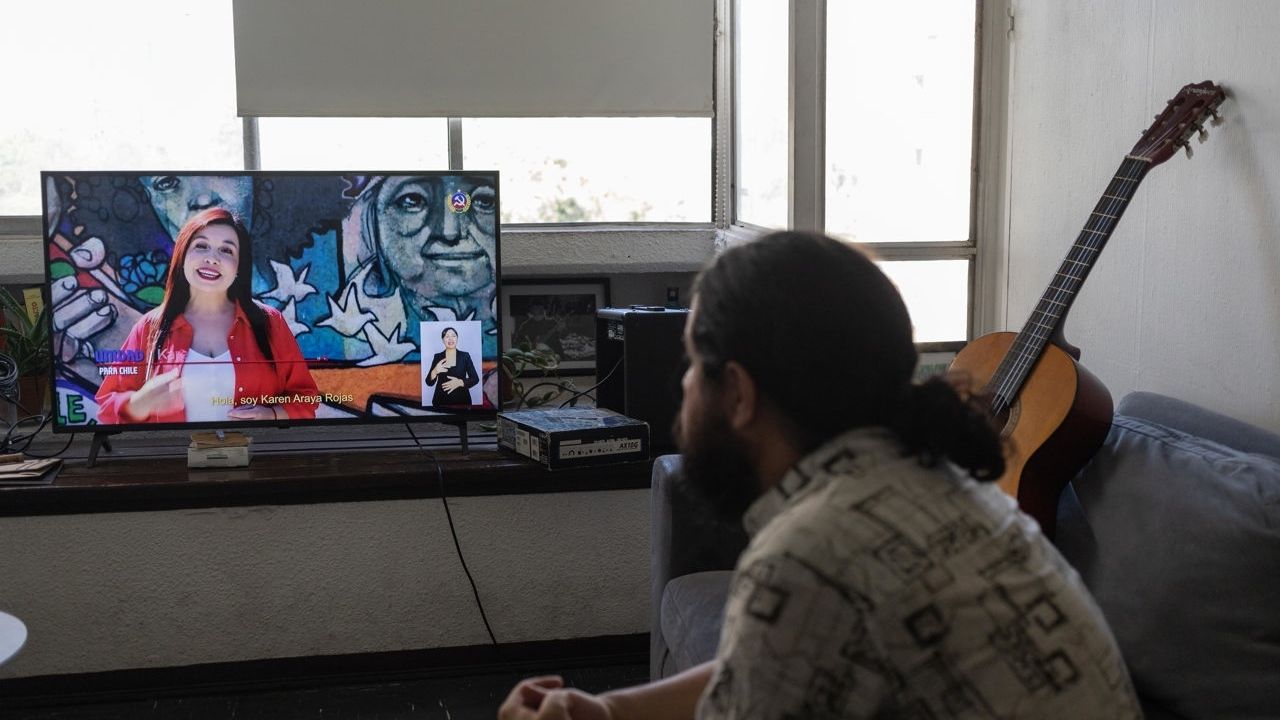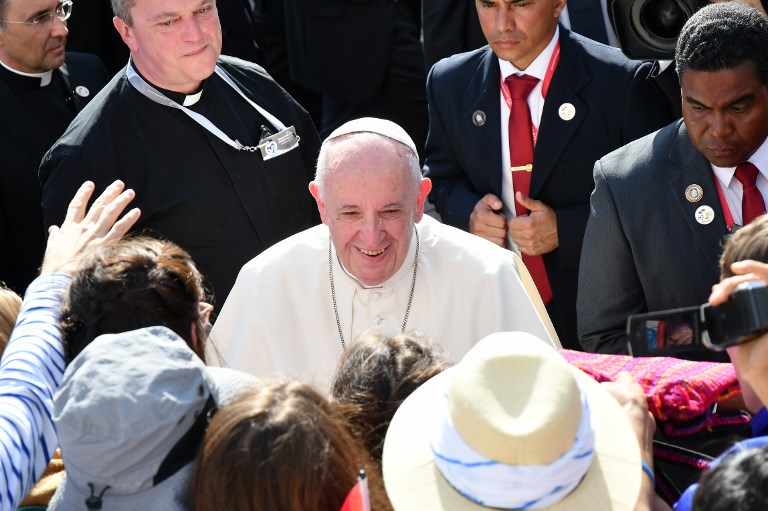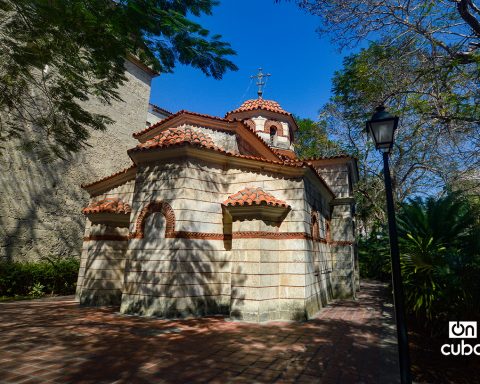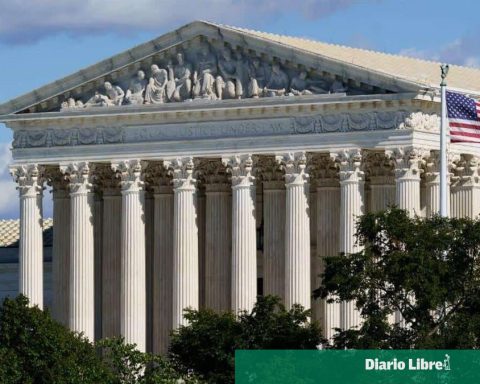The electoral campaign for the constitutional elections on May 7 in Chile has started with a lack of interest and expectations on the part of the citizenry, despite the historical importance of the process of drafting a new Constitution. The surveys indicate that the level of knowledge of the candidates and the process is low, and that the majority of the population is disinterested.
Television electoral propaganda, known as “fringe”, has begun to be broadcast in Chile. However, at the beginning of the campaign marked by the lack of interest and expectations of the citizens in the new constituent process, the citizens do not seem to have been very enthusiastic.
The Chile Seguro opposition pact dedicated its first advertising space to remembering the triumph of the “Rejection” in the plebiscite on September 4, while the ruling party, which is presented on two separate lists, presented various candidates and addressed some of the pending issues for the country.
On the other hand, the group of traditional center-left parties, Todo por Chile, debuted with a call for “reunion” and “unity.” The ultra-right, the populist right – which run separately from the traditional right – and the two candidates from the Mapuche people were also announced.
“There is no public spirit in the face of a new constituent process, the polls say so, and few people know what we are going to vote for in a month,” Julieta Suárez-Cao, a political scientist from the Catholic University, told EFE. The process is being carried out, 62% of those surveyed consider themselves interested or very interested in the process and 22% declare that they are not interested.

The political scientist of the Diego Portales Rodrigo Espinoza University, pointed out that the “great paradox” is that although the majority believes that a new Constitution is necessary, citizen interest compared to the previous process “is far below.”
The electoral campaign for the constitutional elections on May 7 in Chile takes place in a context of little participation and expectations of the citizenry, although the majority considers a new Constitution necessary. Despite the lack of enthusiasm, the election is mandatory and the result is expected to have a major impact on Chilean society in the coming years.


















